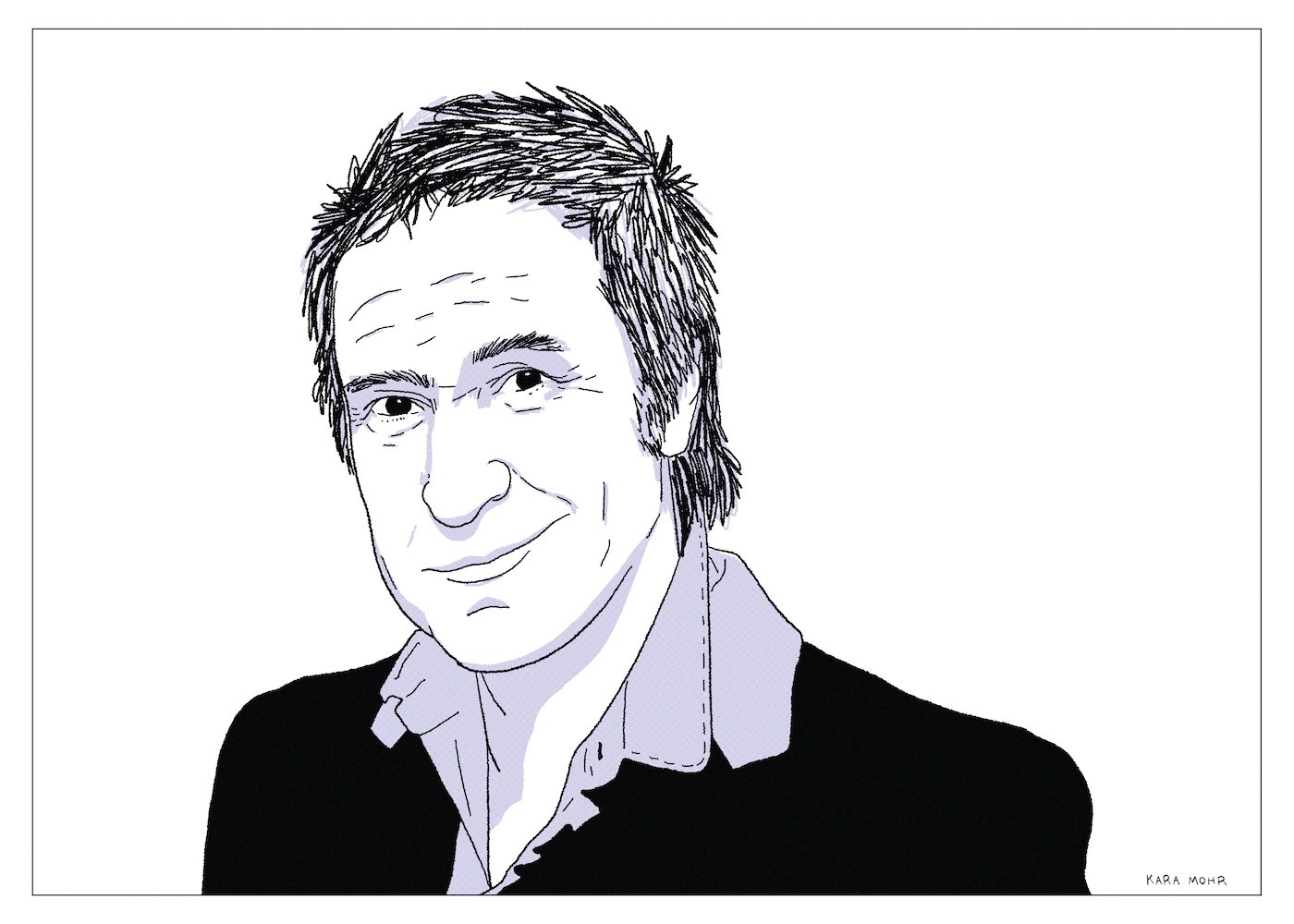
Ray Davies “Americana”
As a musical style, Americana suggests something in between “Roots Rock” and “Alternative Country.” Stylistically, it's a fertile if ultimately narrow genre. But, Ray Davies’ “Americana” is not Whiskeytown’s “Americana.” Davies’ is as expansive as it is deep. It considers both the United States of America and the land mass that predated the country — the massive mountain ranges and the canyons and rivers and the natives and the cowboys. The freedom and independence and capitalism and Jazz and Blues and Soul. The New York and Los Angeles and high hopes and dashed dreams. All of it. The man who wrote “A Well Respected Man,” “Waterloo Sunset” and “Village Green Preservation Society” — the singer-songwriter who satirized and romanticized English life was enraptured with America. England consumed his mind, but America held his heart.
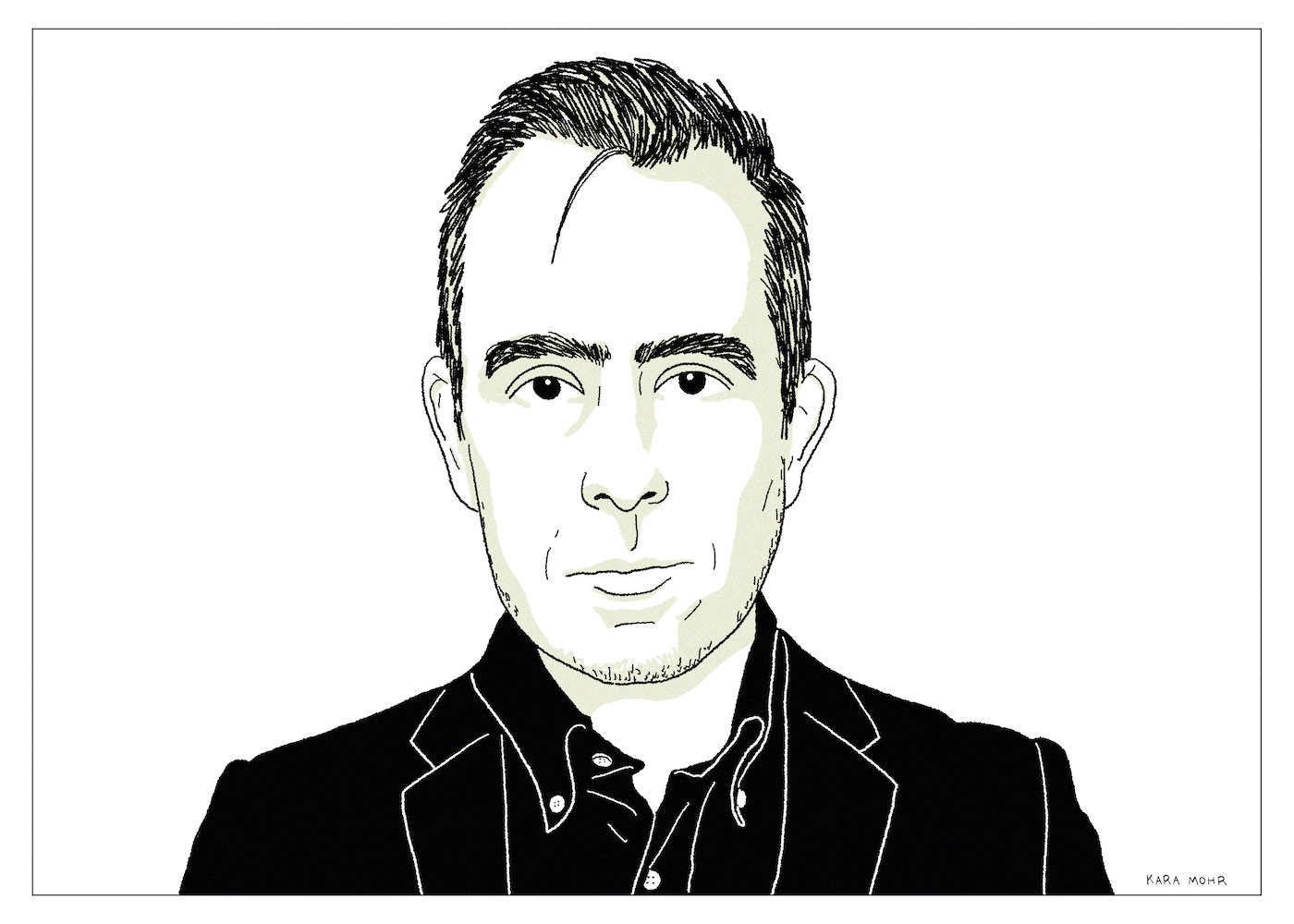
Ted Leo “The Hanged Man”
From 2000 through 2010, Ted Leo was the mainest of Indie Rock mainstays. He and his band released a string of reliably thrilling albums, distinguished by his breathless tenor and progressive politics. Ted Leo and The Pharmacists were so excellent, in fact, that it seemed a foregone conclusion he would one day break through. That Ted Leo would eventually be an important, prestige act felt inevitable. After all, they had their Billy Bragg and their Elvis Costello, so we could have our Ted Leo. He was simply too good — too musical, too smart and too hard working — to imagine any alternative. The sparkling reviews continued along with the steady uptick in sales, until he reached the height of sub-popularity. And then, just when we assumed something monumental was about to happen for Ted Leo, it did. But it was not at all what anyone expected.
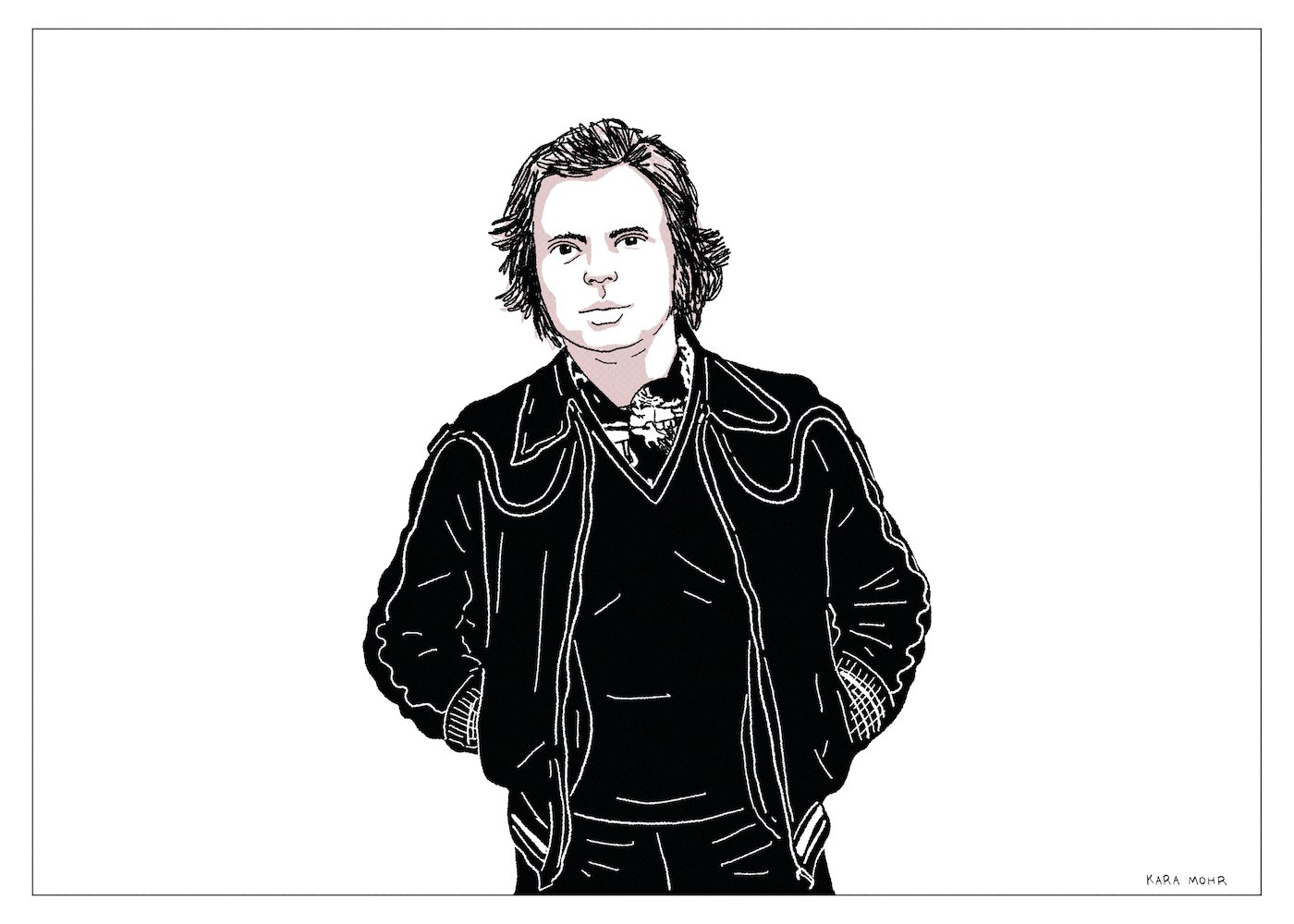
Van Morrison “The Album Covers”
Before he became a craggy, portly Soul man in fedoras and suits, before he was a grumpy anti-lockdown militant, before the Skiffle record and the Facebook rant and a song so profoundly sad (“Pretending”) that it was somehow more depressed than his song about walking out on a friend with tuberculosis (“T.B. Sheets”), before the healing and the silence and the hymns, and before he stuffed himself into that stretchy leisure suit get up for “The Last Waltz,” George Ivan Morrison cared deeply about his album covers. But that was then. Today, Van survives as the artist whose album cover art most betrays the product contained within. His obsession with “tone” and “feel” is surpassed only by the depth of his disdain for the art that adorns his music.
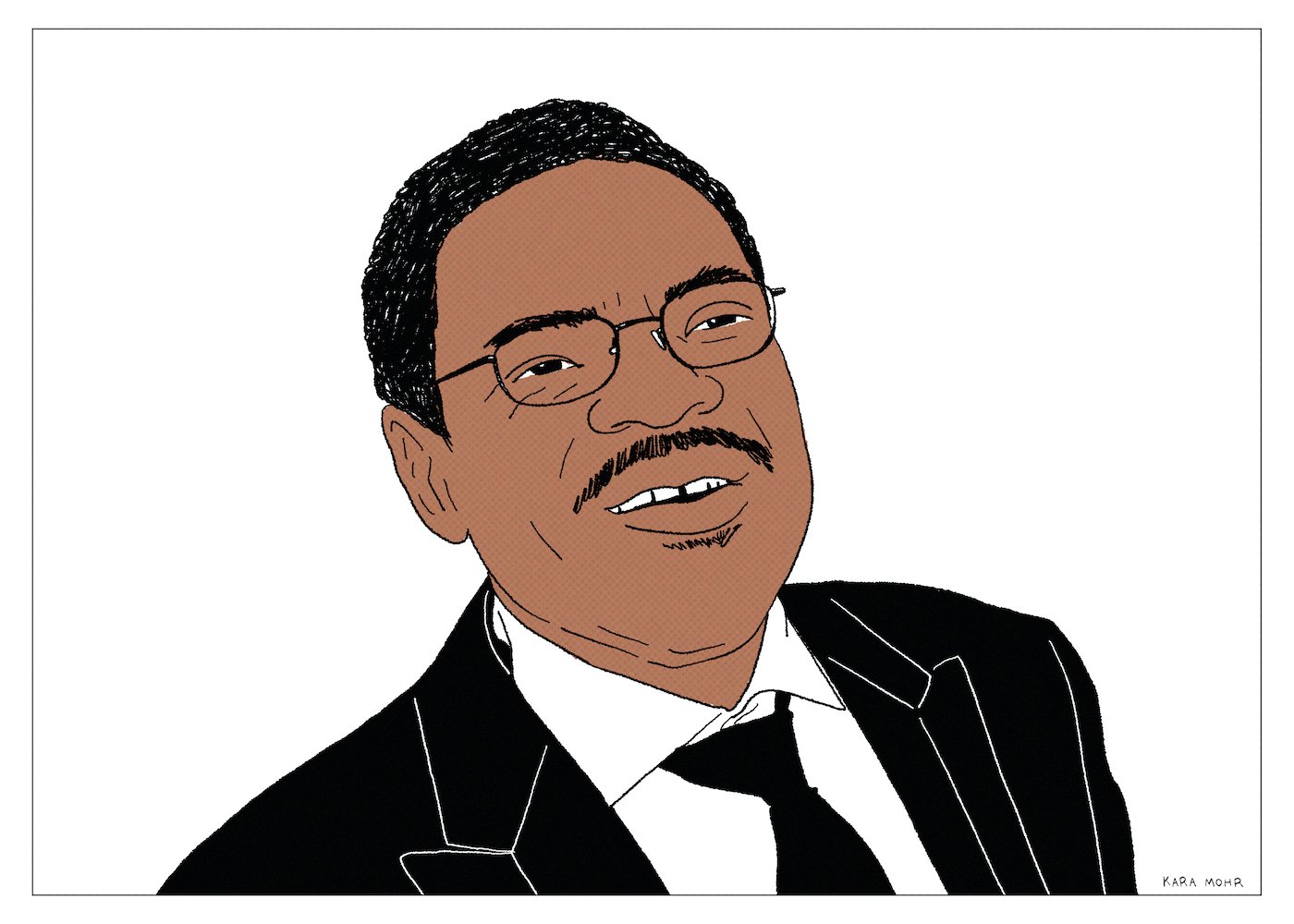
Billy Preston “You and I”
If 1979 marked the end of Billy Preston’s run as a Pop star, it was a beautiful finish. “Late at Night,” his first record for Motown and his last of the decade, found The Fifth Beatle after dark, conjuring a quiet storm. “With You I’m Born Again,” the album’s hit single, was a duet with Syreeta Wright that explained everything from Barbra Streisand to Luther Vandross. By 1982, however, “Billy Preston the superstar” was done. Lionel Richie, Prince and, mostly, Michael Jackson, had taken over his corner. The new music spigot was shut off. Guest work dried up. And, one day, the ubiquitous sideman found himself buried under a mountain of cocaine and bad decisions. And so, in 1997, as legal and financial problems mounted and rumors and innuendo swirled, Preston escaped six thousand miles from the bright lights of Hollywood into the open arms of a past prime Italian Electro Pop group named Novecento.
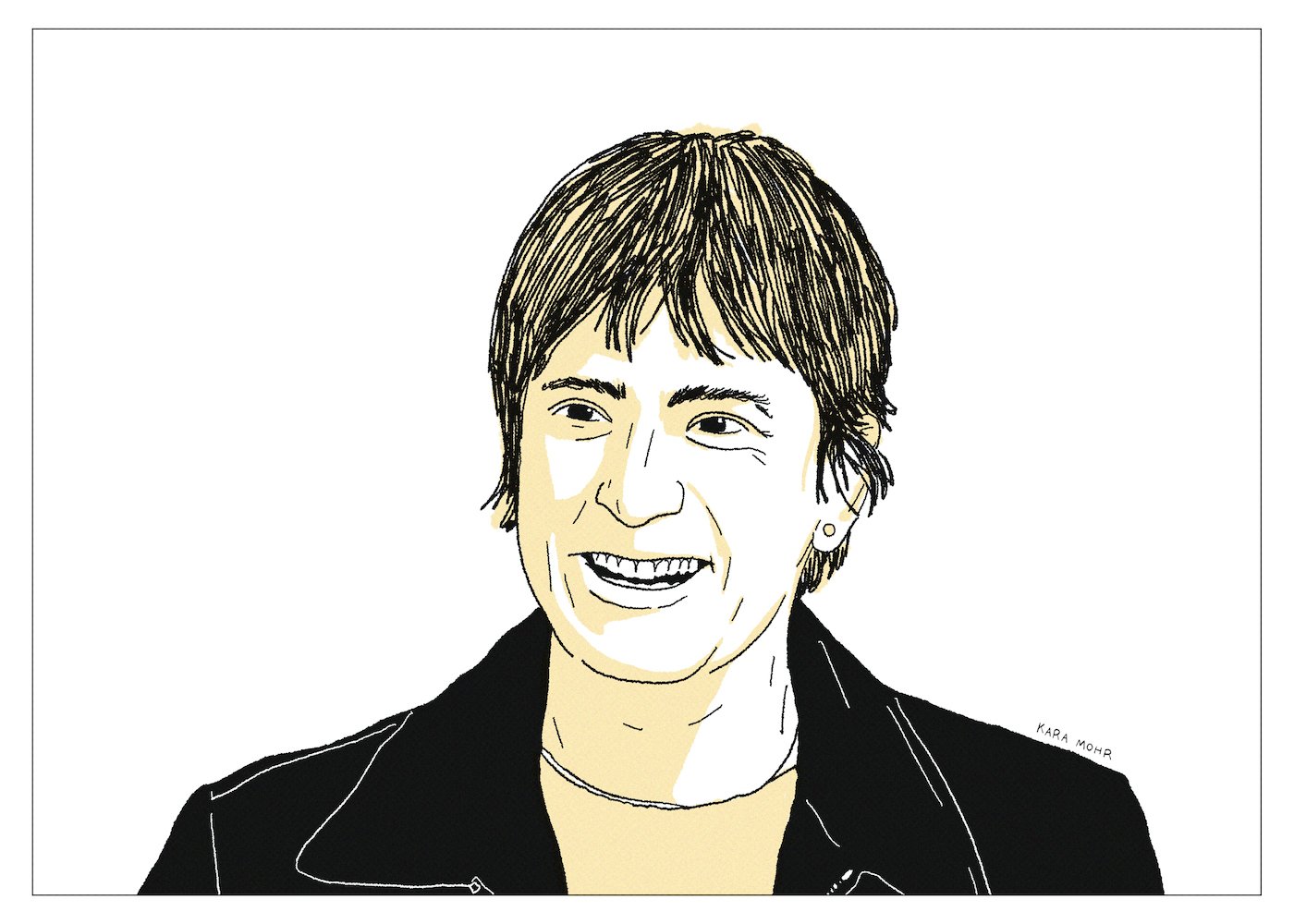
Rob Thomas “Chip Tooth Smile”
While I have been guilty of my fair share of Matchbox Twenty eye rolls, I was also guilty of not really knowing much about the band. They were always something of an enigma to me — a mystery that I couldn’t shake. Except, it wasn’t really the band I was interested in — it was their frontman, Rob Thomas. I had read all the facts (Wikipedia) and heard all the albums (four with Matchbox Twenty and four solo), but I still had zero clue. Was he more Adam Duritz or Ed Kowalczyk or Stephan Jenkins? Or was he my generation’s answer to Phil Collins and Lionel Richie? Generally speaking, time is the enemy of Rock and Roll. But it’s a dear friend to writers. Time furnishes us with perspective and evidence. It reveals lies and truths. It separates bad style from bad music and characters from their settings. Also, as Rust Cohle once suggested, time is just a flat circle. Time was very much on my side as I followed the investigation to its logical conclusion — Rob Thomas’ 2019 solo album, “Chip Tooth Smile.”
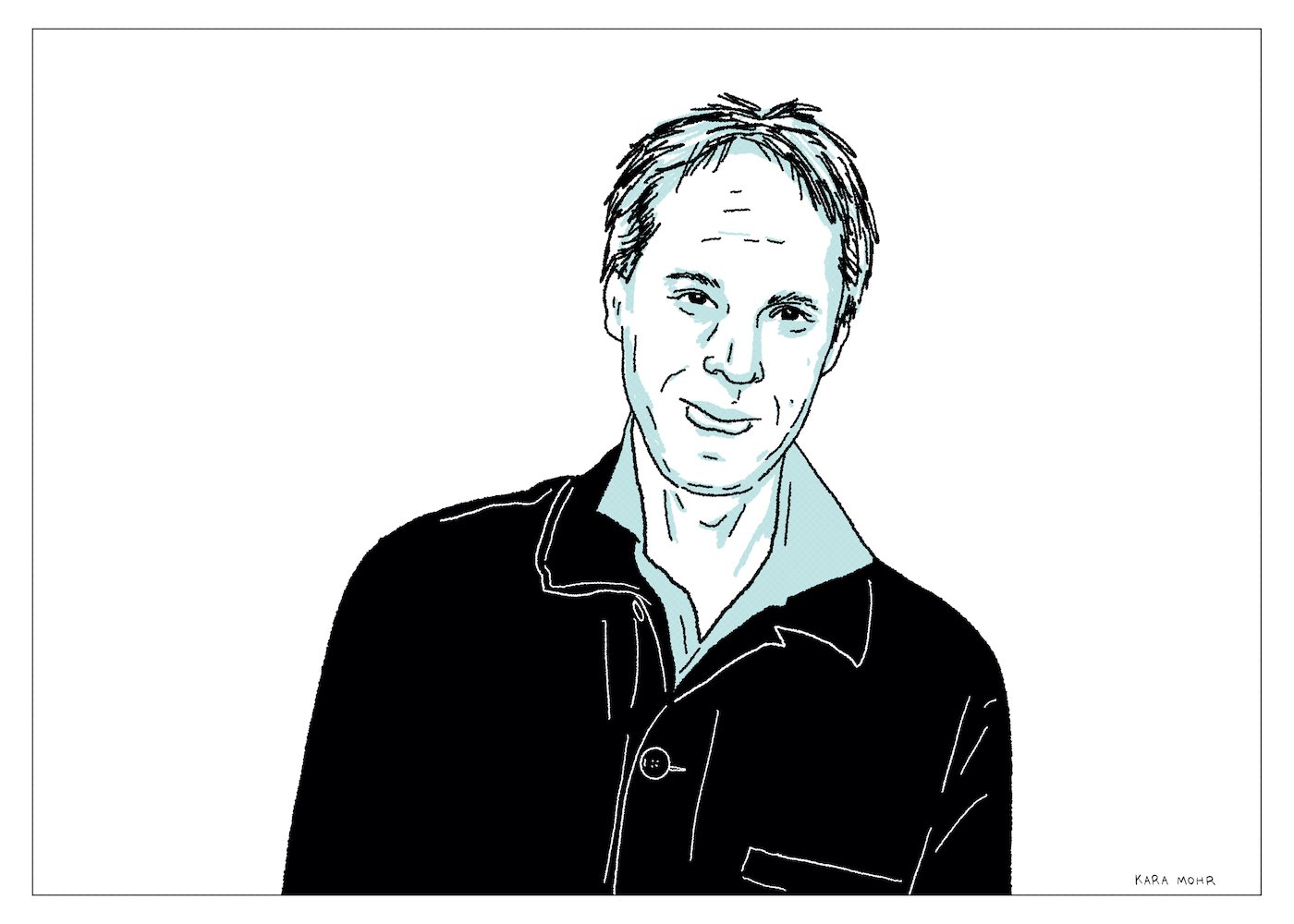
Tom Verlaine (1949-2023)
Of all of the many wonderful things said about Tom Verlaine this past week, the most moving words came, unsurprisingly, from Patti Smith. Her eulogy for The New Yorker, entitled “He Was Tom Verlaine,” was typically elegiac, like a series of black and white photographs narrated with poetic beats and prosaic secrets. Amid the generous obituaries and Twitter tributes — written mostly by strangers — Patti’s essay was so unusually revealing, not because she was betraying any confidences, but rather, because prior to this week, and despite the fact that I spent decades enamored of him, I knew so little about Tom Verlaine. He was not a recluse like Jeff Mangum or an outsider like Syd Barrett or Roky Erickson. But it seemed that, ever since “Marquee Moon” changed everything — and nothing at all — Verlaine was slowly, silently walking in the opposite direction from everything that fans (like me) most wanted from him. His entire career — seemingly confirmed by Patti Smith herself — is a reminder that love is so much more about what we don’t know than what we know for sure.
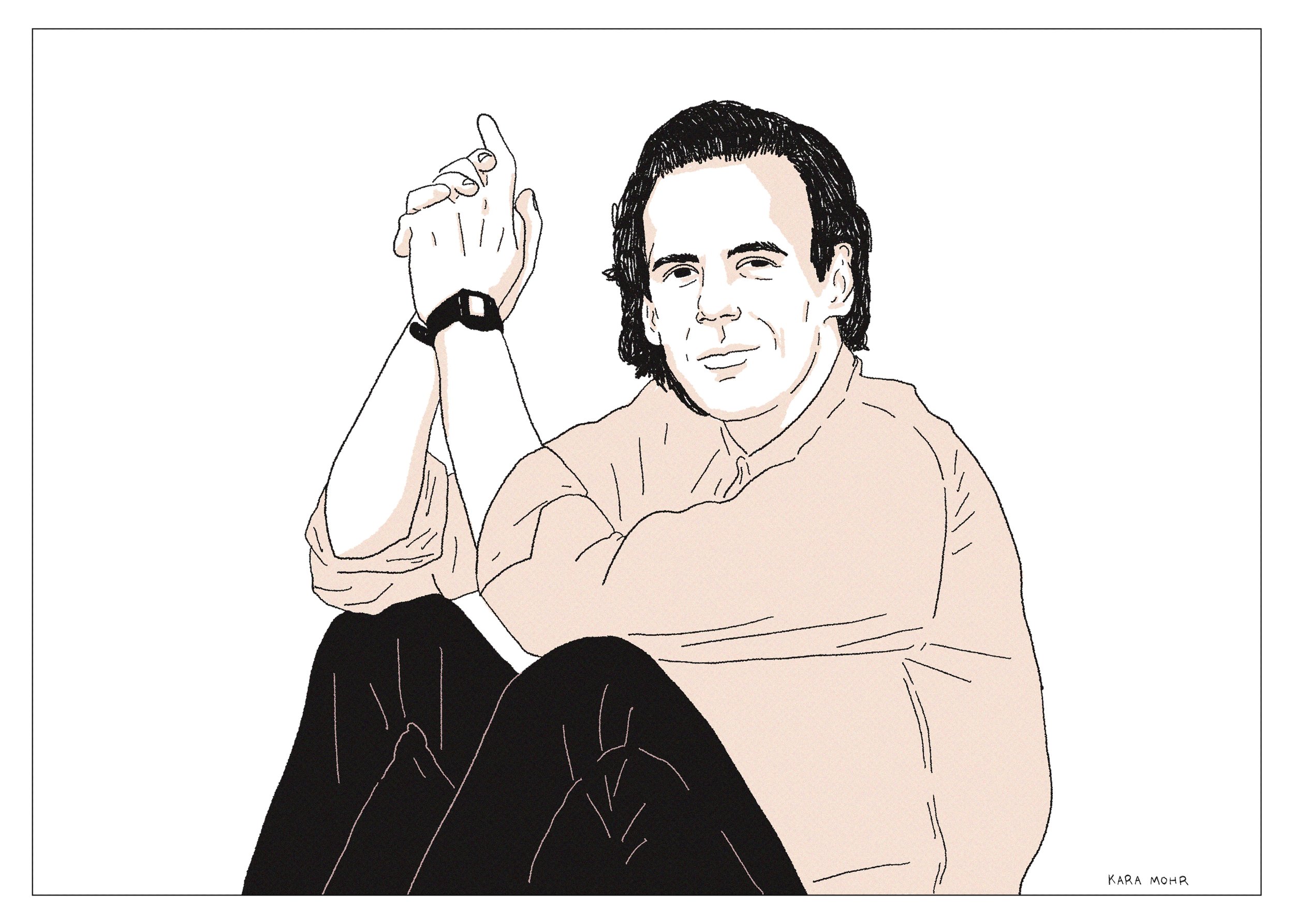
John Hiatt “Perfectly Good Guitar”
There’s a concept in child rearing — and I’m honestly not sure if it’s armchair psychology or actual science or what — called “perfectly adequate” parenting. Its premise is radically simple: that parents should be no more or no less than their child needs. One the one hand, it makes a lot of sense. On the other hand, nobody really wants to be “perfectly adequate.” Not in parenting. Not in life. Not in work. And, certainly, not in music. Pop music is defined by highs and lows. By mania and soul. The road in between is longer, and oftentimes much harder. It’s a workmanlike path — one that is rarely disruptive or revelatory, but is eventually, and amazingly, just right. Richard Thompson is always perfectly adequate. Sometimes more. Never any less. John Prine. Lyle Lovett. Nick Lowe. Always perfectly adequate. But of all the singers I can think of, the one who is most truly perfectly adequate — whose skill is evident, whose records are solid and whose faith and commitment is unwavering — is John Hiatt.
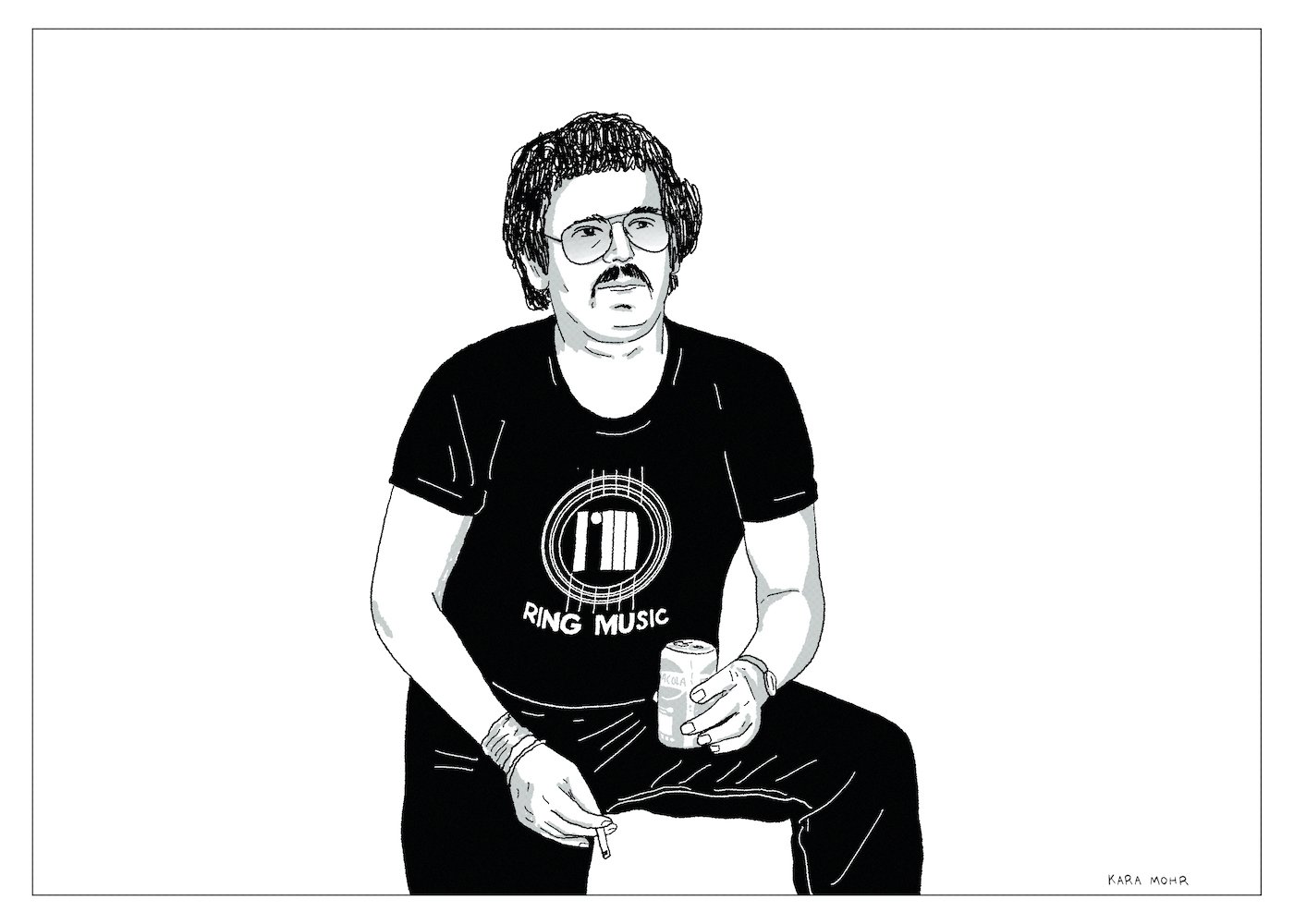
Gordon Lightfoot “Shadows”
To the cynical or the uninitiated, “Shadows” can sound like a Will Ferrell spoof — like music for lovers who refer to each other as “lover.” Like music to be played while wearing cable knit sweaters, sitting by the fire and sipping Canadian Club. But for those who either know Lightfoot’s oeuvre or who are familiar with Seventies Adult Contemporary Rock music, the sound is not unfamiliar. On top of twelve string acoustic guitar, delicate windchimes and lite violins, Gord’s boozy baritone narrates a slideshow about middle-aged resignation and that trip to the Bermuda Triangle. Released the same year as The Clash’s “Combat Rock,” Duran Duran’s “Rio” and Culture Club’s “Kissing to Be Clever,” “Shadows” was miles from anything hip or New Wave. It was the sound of a guy singing to himself, because he had to, because he was tired and lost and the world had moved on. It was the end of the line for Gord’s minor Pop stardom, the beginning of his sober second half and the most interesting album he made after “Sundown.”

Warren Zevon “Sentimental Hygiene”
Following the unexpected success of “Excitable Boy” in 1978, Warren Zevon’s commercial prospects began to fade. “The Envoy,” from 1982, was predictably literate, frequently dark and occasionally brilliant. But, also, it flopped. Within a year of its release, Zevon was a black-out drunk divorcee, dropped from his record label and going nowhere fast. He licked his wounds, tried, failed, tried again, failed again and — eventually — succeeded in getting sober. It would be another five years before he released another album. In the interim, outside of his family, Jackson Browne, a bunch of L.A. session guys and a coterie of writers and critics, Zevon was more forgotten than he was missed. But then, in 1985, while Tom Cruise sashayed around the billiards table like a ninja pool hustler, Martin Scorsese dropped the needle on “Werewolves of London” and people suddenly started talking about Warren Zevon again.
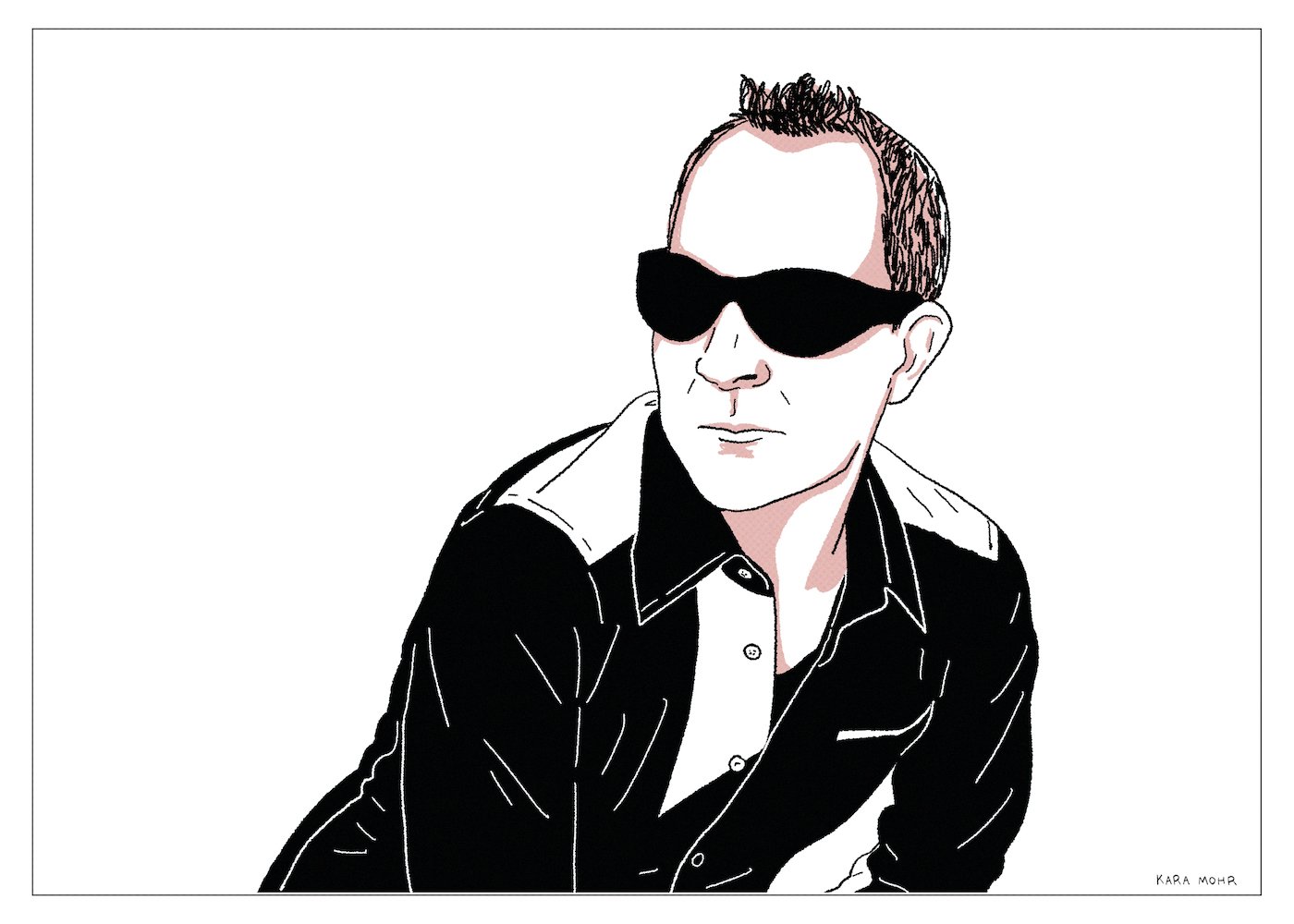
Fred Schneider “Just Fred”
Fred Schneider was an unlikely frontman. For one thing, he either could not or would not sing. Similarly, he seemed more interested in John Waters than in John Lydon. Fred never dreamed of making the next “Like a Rolling Stone.” He wanted to make the next “Monster Mash.” And so he spent over a decade, from “Rock Lobster” through “Love Shack,” blurring the lines between novelty Pop and artsy Rock. But, in 1996, at the very height of Alt, Fred Schneider reemerged as a solo act. During a time wherein “Alternative culture” had become overly serious, it was revealed that “Just Fred” was produced by Steve Albini and featured a cast of stalwart Indie Rock veterans as the backing band. On the surface, it sounded all wrong. No keyboards. No Kate Pierson or Cindy Wilson. No party. It seemed contrarian and willfully provocative, like hearing that sweet, adorable Alyssa Milano — Sam from “Who’s The Boss” — was making a turn into adult, erotic thrillers. But, in the same way that I definitely checked out “Poison Ivy 2,” I was not not curious about “Just Fred.”
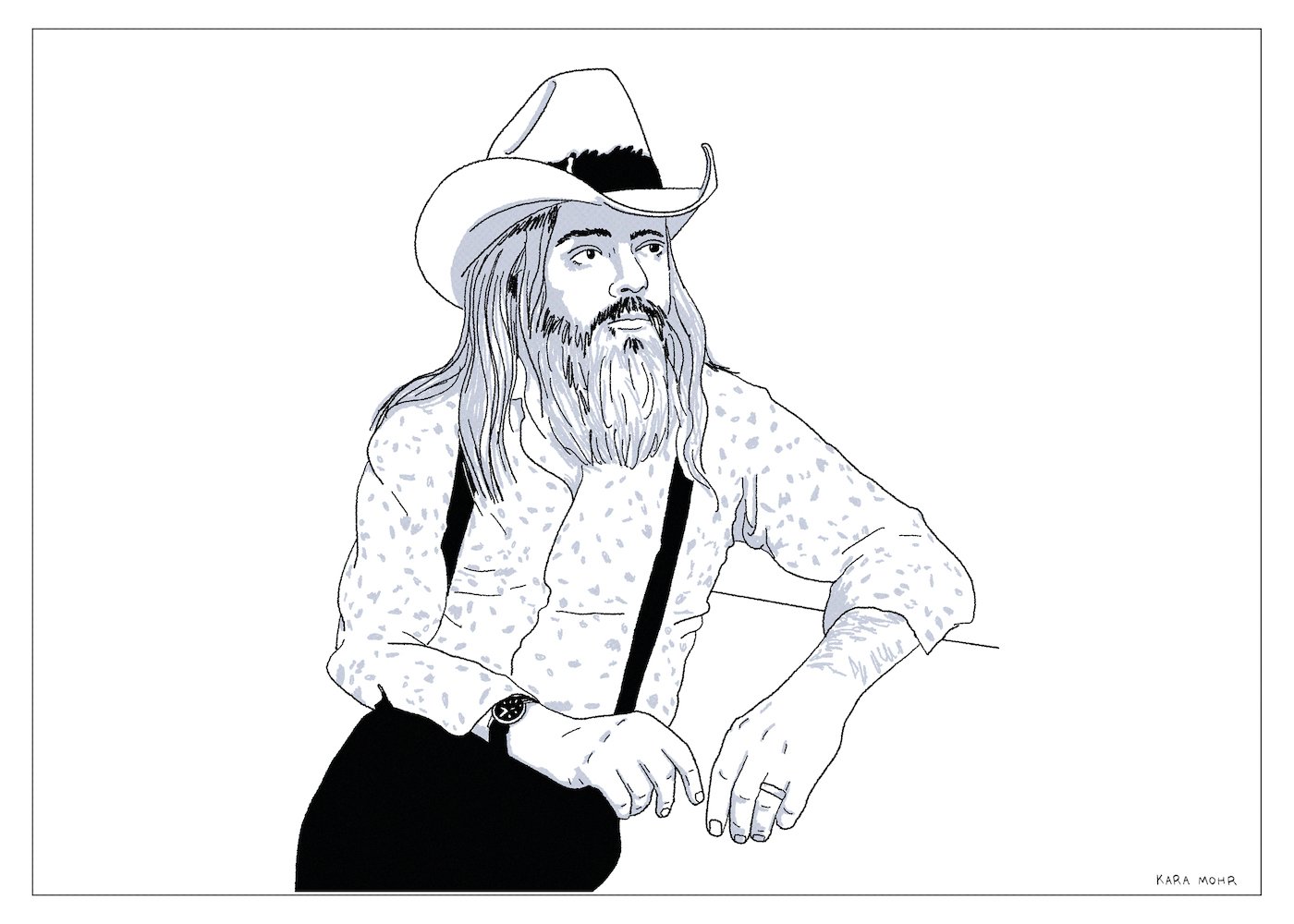
Leon Russell “Anything Can Happen”
Having spent more than a decade building his reputation as the “guy to call” when you needed a guy, Leon Russell was suddenly more than just “a guy.” He became “the guy.” In 1970, after touring with Delaney and Bonnie and releasing a critically adored solo debut, he put on his top hat, dusted off his beard and assembled the greatest live band on the planet for Joe Cocker’s “Mad Dogs and Englishmen” tour. And though the experience nearly killed him (and his bandmates), it marked the beginning of the next phase of his storied career. Whereas during the 1960s, Russell was on the side or behind the scenes, in the 1970s, he was a frontman, gracing album covers, standing center stage, and sharing the limelight with everyone from George Harrison to Willie Nelson. For a natural introvert who was perhaps meant to be a bandleader more than a Pop star, it proved to be too much for him. Depleted and lost, the man who’d released over a dozen albums in the Seventies, eked out only two the following decade. By the Nineties, he was stuck somewhere between the “where are you now” and the “who’s that guy” files. Leon Russell lost his way and then began to fade out, until, one day, Bruce Hornsby came a calling.
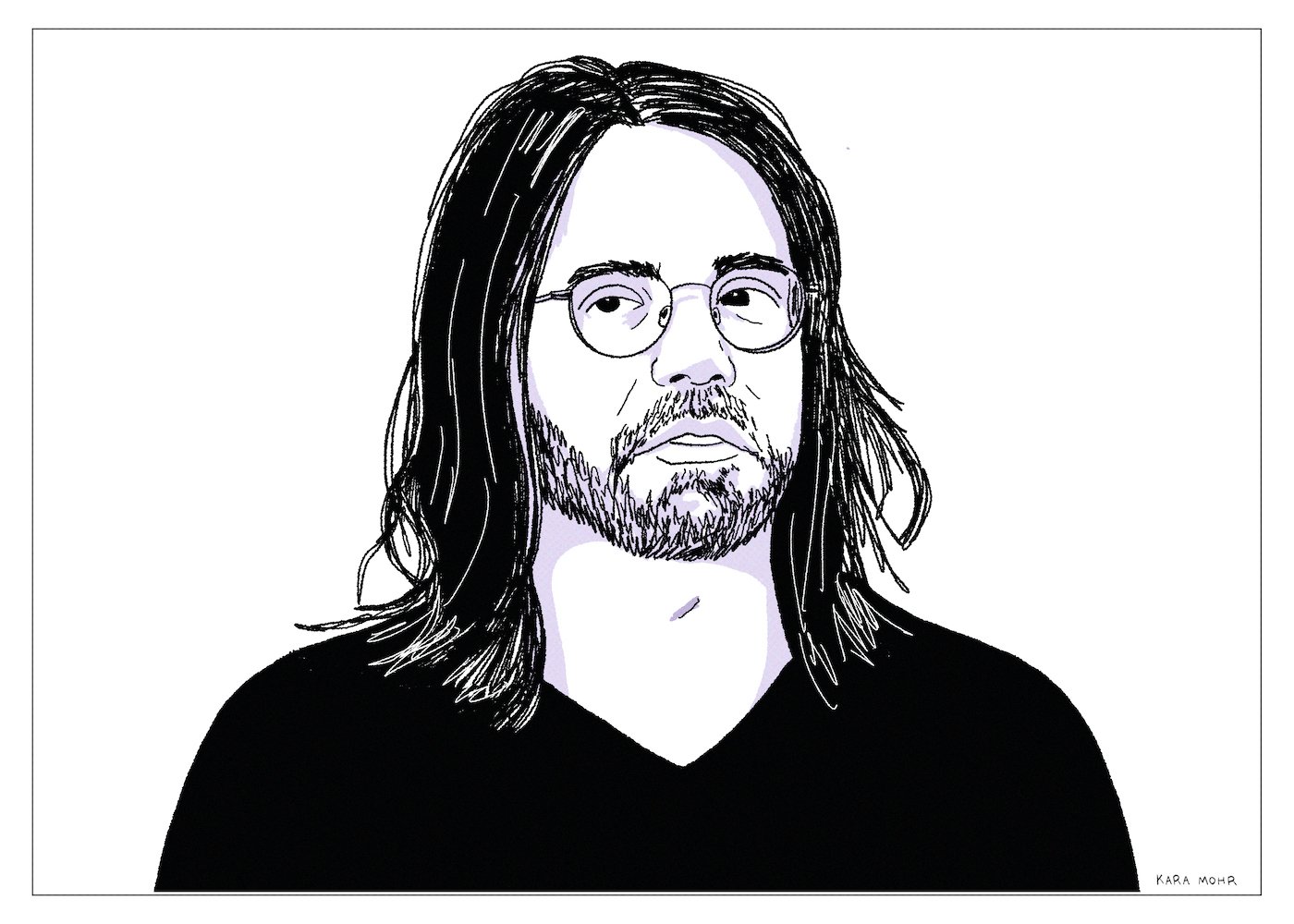
Keith Rainere “Totally Innocent Prog Rock Genius”
According to Nancy Salzman, at some point just before scoring the world’s highest IQ and becoming one of the world’s three greatest problem solvers, Keith Rainere taught himself many musical instruments, including the piano, which he could allegedly play at a concert level. Of the many claims made by NXIVM, I found this one most confounding simply because it is the most disprovable. During the nine hours of “The Vow’s” first season, the only proof we get of Rainere’s musical gift is a brief, middling performance of Beethoven’s “Moonlight Sonata” — a piece generally taken on by younger students in the first few years of their studies. On the basis of this showing, it’s hard not to conclude the obvious: Keith Rainere is no Keith Emerson. So, why? Why did he make such a bold and obviously false claim? IQ tests can be forged. Problem solving is hard to measure. But musical aptitude is hard to fake. The answer to my question arrived in the late Spring of 2019. According to the New York Post, some time after mastering all of those instruments but presumably before breaking the IQ test, Keith Rainere got really into Prog Rock — specifically Yes and Genesis. Which explains everything.
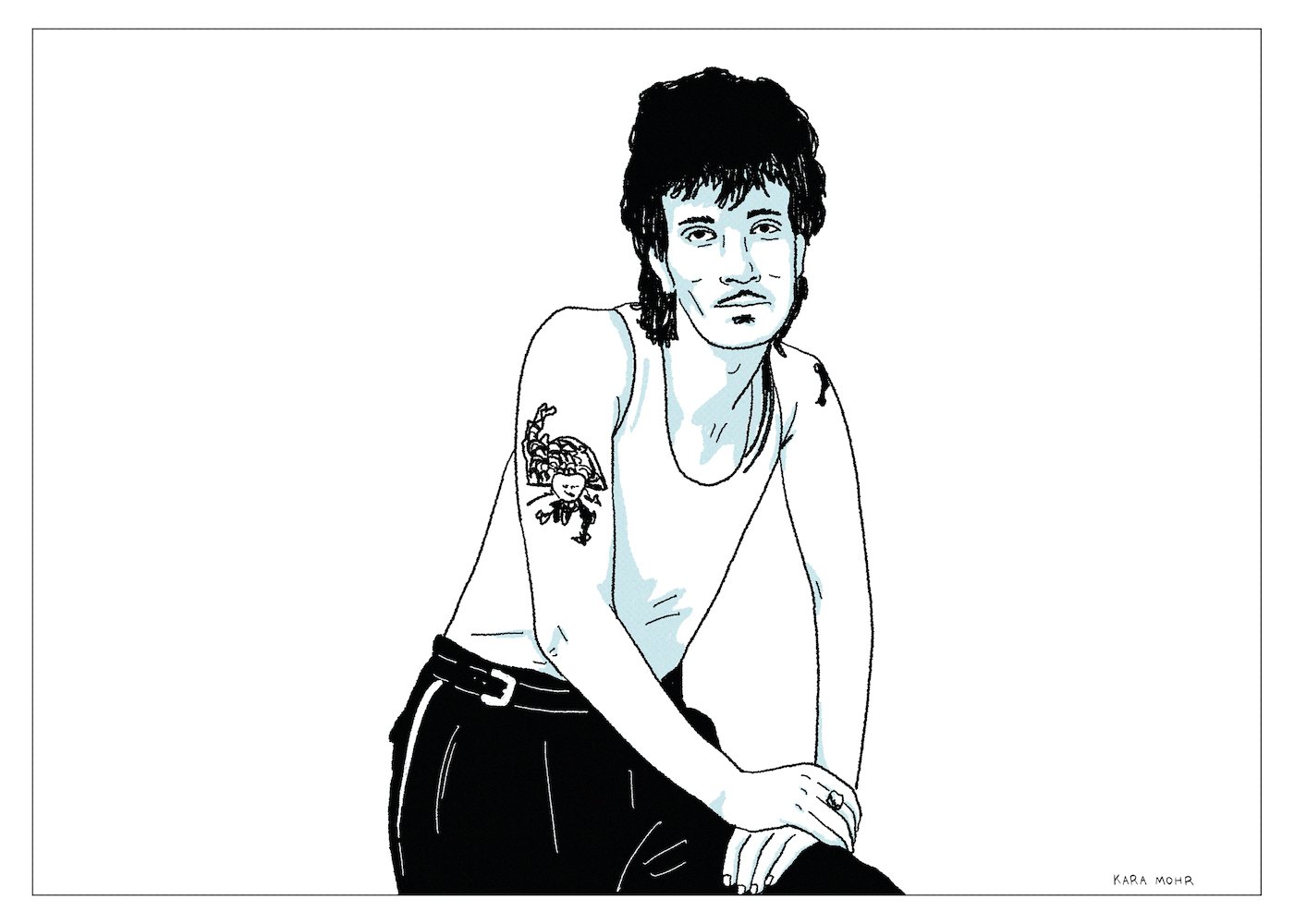
Willy DeVille “Backstreets of Desire”
When Dylan went from folkie hobo to poet in black turtleneck and shades, it seemed like affect. When Bowie went from Ziggy to Thin White Duke, it felt like an art project. And when Madonna went from Material Girl to S&M Barbarella, it came off like a marketing stunt. But Willy DeVille was the genuine article — a real life shapeshifter. The man born William Borsay Jr., from Stamford, Connecticut, would become a Spanish Harlem pimp, a Bowery gutter prince, a riverboat gambler, and a Navajo mystic. In 1992, somewhere between the Bayou and his eventual return to the Lower East Side of Manhattan, he briefly wound up in Los Angeles. And, in spite of crippling addiction and decades of commercial disappointments, Willy made one of the great, barely heard Roots Rock albums of the decade. “Backstreets of Desire” might read like something from Springsteen’s swamps of Jersey, but it sounds like the Los Angeles that made Los Lobos, Tom Waits and Warren Zevon.
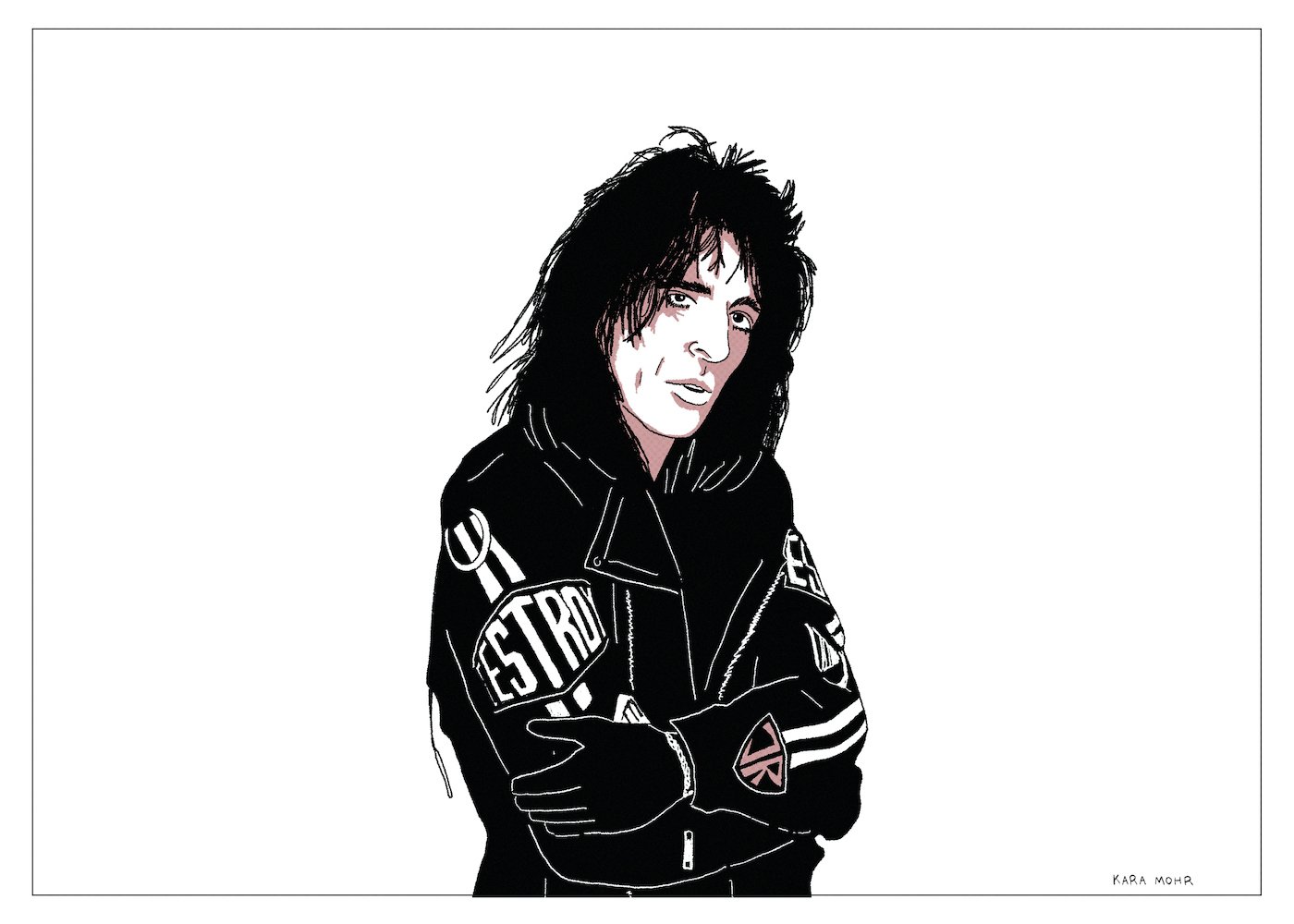
Alice Cooper “Trash”
The early 80s were not kind to Alice Cooper. Sober, but restless, he tried new gimmicks. He brought more snakes onstage. He tried his hand at New Wave. He traded booze for golf. But nothing seemed to work. By the mid-80s, while Hair Metal — a genre that he’d in part given birth to — was ascending, Alice Cooper was nothing more than a charming “has been.” But then, when it seemed that he was all past and no future, he caught a massive break. Desmond Child, a longtime fan and, more importantly, the super-producer of gargantuan, shout-along hits by KISS, Bon Jovi and Aerosmith, offered to help the forty year old, Shlock Rocker reclaim his throne. In order to succeed in the mission, Child had one requirements. He demanded that Cooper sing about the one thing that all teenagers are obsessed with but which the future GEICO spokesman had somehow avoided for his entire career: Sex.

Art Garfunkel “Scissors Cut”
From 1970 through 1973, Art Garfunkel was among the most fascinating men in America. Coming off of “Bridge Over Troubled Water,” he turned his attention to acting, where he made his debut in Mike Nichols’ “Catch-22.” The next year, he was nominated for a Golden Globe for “Carnal Knowledge.” Eventually, though, he reemerged as a solo recording artist. “Angel Clare,” from 1973, produced two top forty singles, and a series of Gold and Platinum-selling albums soon followed. What began as warm possibilities, however, devolved into flaccid melodies and artistic stagnation by the end of the decade. And then, tragically, Garfunkel’s romantic partner of many years, Laurie Bird, committed suicide in 1979. Most of America was depressed in 1979, but Art Garfunkel was more depressed. 1981’s “Scissors Cut” is the evidence of that depression — a bawling, private eulogy, pressed onto vinyl. It was also the end of “Art Garfunkel, Pop Star.”
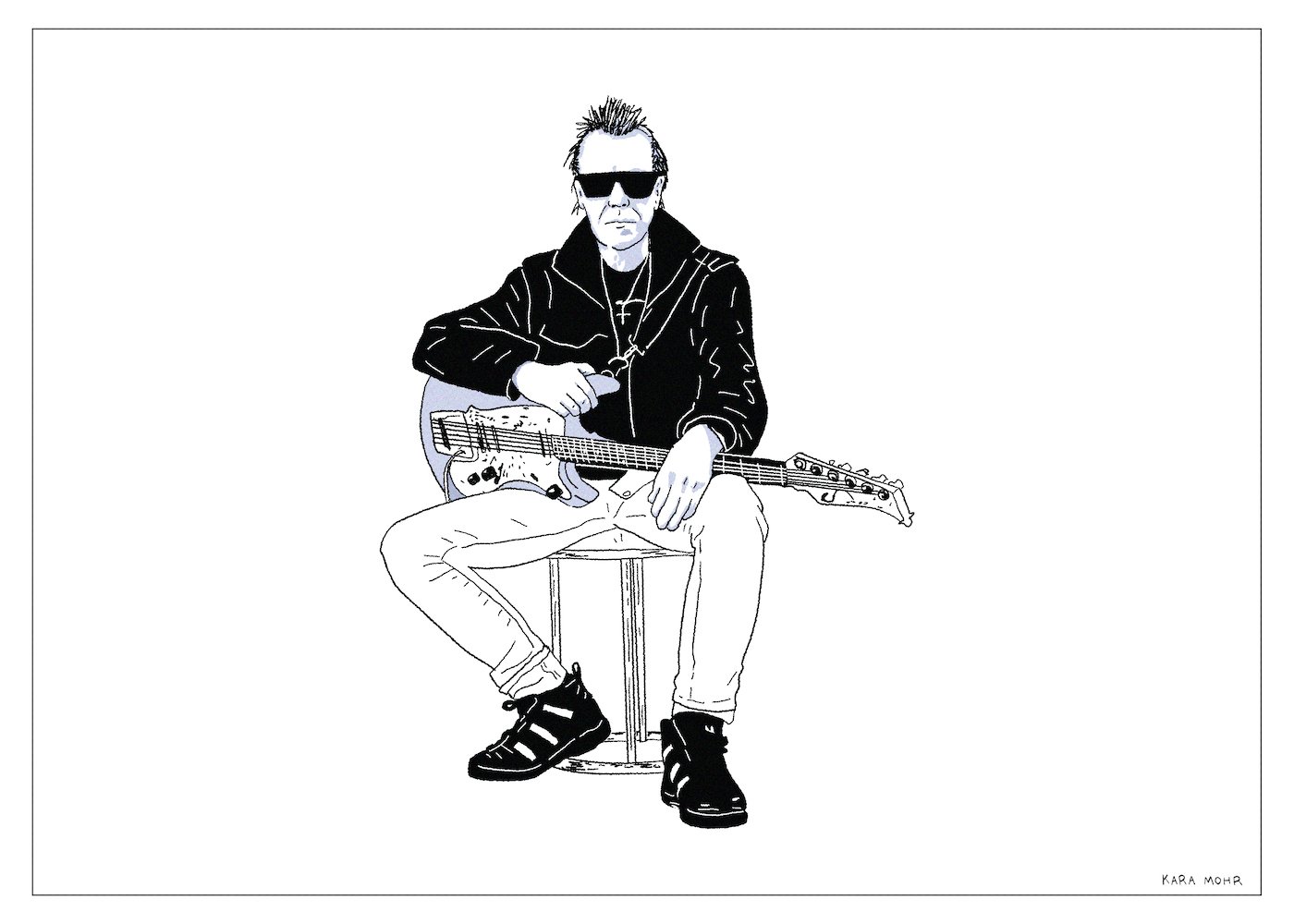
Link Wray “Barbed Wire”
After a dormant decade living a quiet life on a remote island in Denmark, the man who’d invented Hard Rock discovered his new sound. Amazingly, sixty-something Link Wray was faster, louder and scarier than his younger self. Whereas “Raw-Hide” and “Rumble” were soundtracks to noirish Westerns, his final performances sound like The Replacements scoring a 1950s drag race. Flanked by a band of much younger devotees, Grandpa Link returned to salvage his legacy. In spite of his indisputable greatness, he’d failed as a pop star. Failed as a folkie. And failed as a proto-punk. So, this time out — his last time out — he opted for all three incarnations. He wore black sunglasses, a leather jacket, a white tank top and a two foot ponytail and a thinning pompadour. He looked as though he’d either lost his mind or that he meant business. Or possibly both.

Ric Ocasek “Nexterday”
Ric Ocasek’s life after The Cars included a series of charming, lower stakes solo albums in between gigs as a “record guy.” For most of the 90s, he was a talent scout for Elektra Records and an elite producer for hire. But with Weezer’s “Blue Album,” Ocasek graduated from producer to “super-producer” — which meant he could do whatever he wanted, including making albums for Le Tigre and Brazilian Girls. It also meant that he could write poetry and paint and be the husband of a supermodel. He trimmed the New Wave mullet an inch or two, and maybe he added some lines to his face, but he still hid under the shades and bangs. He still wore oversized tops, buttoned all the way up. And he still had that odd earring dangling. In contrast, by 2005, Blondie was a nostalgia act. David Byrne was more high art than Pop. Sting made listless world music. And Duran Duran survived through the wonders of modern medicine. But Ric Ocasek, it seemed, had won. He’d done what Joey Ramone and Tom Verlaine never could -- stay weird and thrive. All of which makes his final solo album, “Nexterday,” hard to explain.

Lyle Lovett “Release Me”
Has there ever been someone so completely reliable as Lyle Lovett who looked so completely dodgy as Lyle Lovett? One of his eyebrows is perpetually raised while the other sits still. His mouth turns down in one corner while the other side purses. When he smiles, it looks like he’s in pain. And don’t even get me started with the hair. On the most superficial level, he does not look like a guy you can trust. And yet, by the 1990s, it was settled fact: Lyle Lovett is completely trustworthy. See the piles of four star reviews. The six straight Gold (not Platinum, because that would be too showy) albums. The four Grammy wins. And the fact that, in 2012, when he was making his “contractual obligation album” — the thing that is supposed to be resentful and perfunctory — he was still impossibly mannered and listenable. Turns out that Lyle Lovett is the exact opposite of dodgy.

John Fogerty “Revival”
Truth matters. Of course. But on the other hand — and especially in the curious case of John Fogerty — who the hell knows? Was he the Mark Twain of his generation or the Atticus Finch or was he just the guy who connected the musical dots between Ricky Nelson, Little Richard and Neil Young? How did the man who was once our answer to Paul and John just one day just disappear? As spectacular as Fogerty’s early run with Creedence was, everything that followed seemed like an unsorted mess. Seriously, what happened? Was he impossible to deal with. Did his muse dry up? Why was he always in court? Who was the hero and who was the villain? Time resolved some things. Lawsuits were settled. Contracts expired. People died. And, of course, John Fogerty had his beloved, if still perplexing, second act.
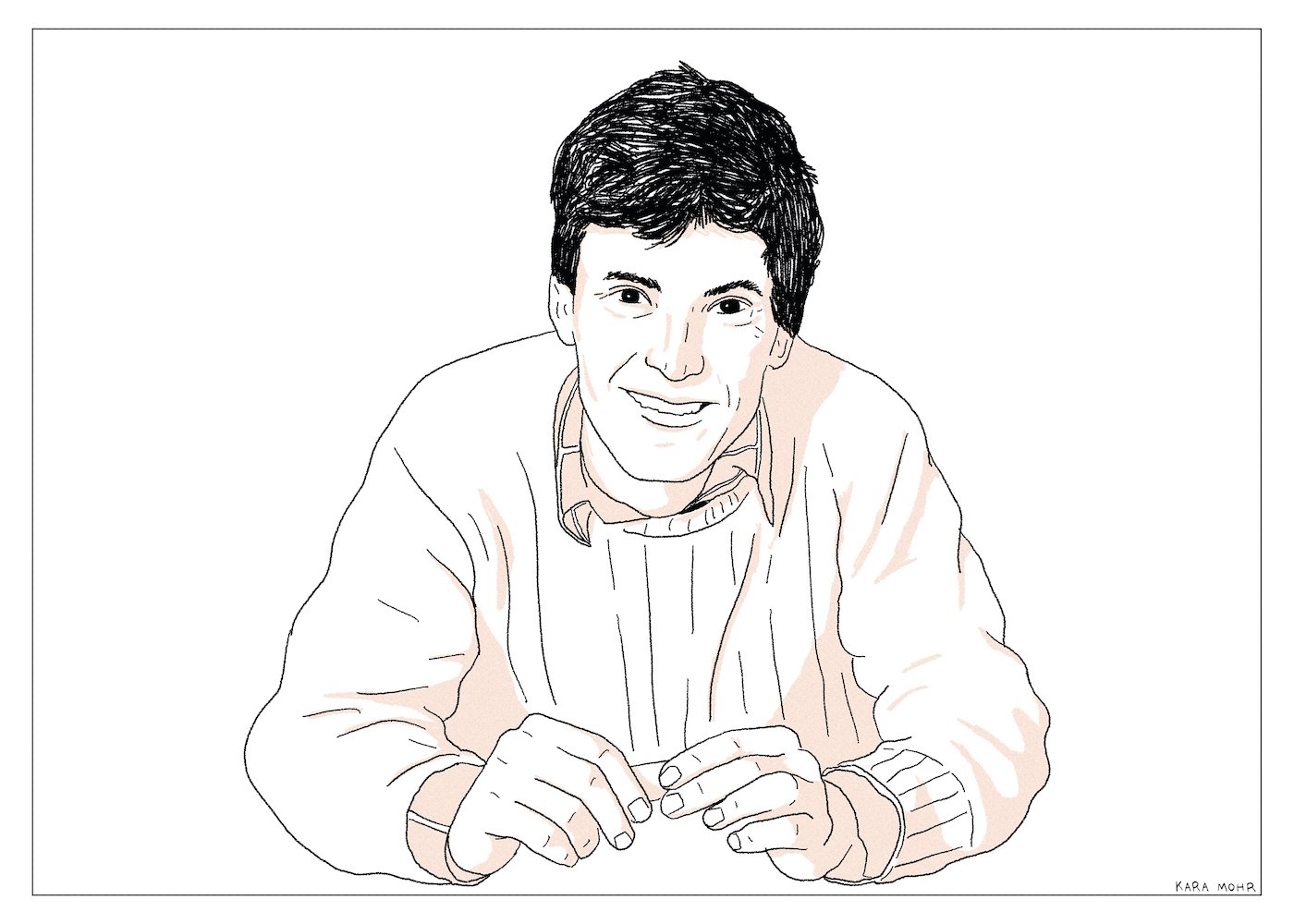
Steve Winwood “Roll With It”
In the second half of the 1980s, while we were happy to have luxury sedans in our garages and gas at the pump, there was still a sense of longing. Was it for JFK? MLK? The counterculture? Whatever the cause, our collective ennui — even as the economy boomed and the Cold War thawed — was unmistakable. We knew it, but we couldn’t place it. And so, we had questions. Fortunately for us, Bono had answers. So did Phil Collins and Sting and Bruce and Neil and, surprisingly, Don Henley. Our beloved Amnesty rockers, celebrated in the pages of Rolling Stone, sang with purpose. All of them, except for Steve Winwood, who opted for New Wave, Blues Brothers fare and farming in The Cotswolds. While his esteemed peers were consumed with importance, the most talented member of the bunch quite literally told us to roll with it.
